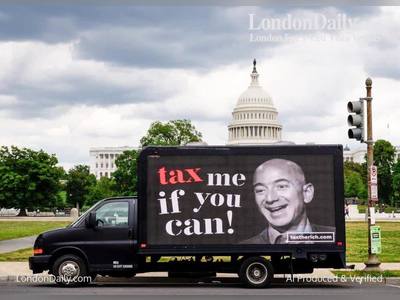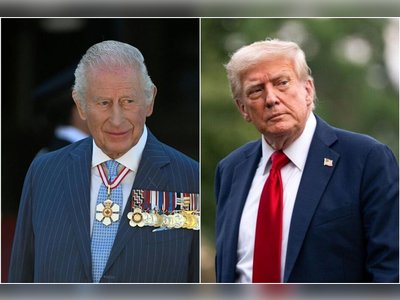EHRC Warns: Self-Identified Gender Quotas in Welsh Parliament Reform May Be Unlawful
The Equality and Human Rights Commission (EHRC) has raised concerns that a proposed new law in Wales to enforce gender equality in elections to the Welsh Parliament may be unlawful.
The law, which aims to ensure political parties field at least 50% women candidates, could breach the Equality Act if candidates can self-identify as women without it being their legal sex.
The Welsh government, which is backed by Labour and Plaid Cymru, has warned that political parties may face legal challenges if they do not provide accurate information.
The proposals are part of plans to reform the Senedd with more politicians.
The text discusses plans to expand the size of the Welsh Senedd from 60 to 96 politicians.
However, concerns have been raised by Presiding Officer Elin Jones about the proposed gender equality measures, which she believes may not fall within the Senedd's powers.
This could result in the legislation being challenged in court.
The bill requires parties to submit lists of candidates in order of election, and the Equalities and Human Rights Commission (EHRC) has expressed concerns that it may lead to quotas based on self-identified gender rather than legal sex.
John Kirkpatrick, the interim CEO, expressed concerns that a proposed policy requiring candidates to declare their gender for a committee in Wales could be inconsistent with the Equality Act 2010.
According to the Act, a person's legal sex is determined by their birth certificate or a gender recognition certificate.
Kirkpatrick noted that it was unclear how this declaration process would work in practice and that self-identified gender may not be considered legally valid under the Act, as not all individuals identifying as women would meet this criteria.
The Welsh government, which is backed by Labour and Plaid Cymru, has warned that political parties may face legal challenges if they do not provide accurate information.
The proposals are part of plans to reform the Senedd with more politicians.
The text discusses plans to expand the size of the Welsh Senedd from 60 to 96 politicians.
However, concerns have been raised by Presiding Officer Elin Jones about the proposed gender equality measures, which she believes may not fall within the Senedd's powers.
This could result in the legislation being challenged in court.
The bill requires parties to submit lists of candidates in order of election, and the Equalities and Human Rights Commission (EHRC) has expressed concerns that it may lead to quotas based on self-identified gender rather than legal sex.
John Kirkpatrick, the interim CEO, expressed concerns that a proposed policy requiring candidates to declare their gender for a committee in Wales could be inconsistent with the Equality Act 2010.
According to the Act, a person's legal sex is determined by their birth certificate or a gender recognition certificate.
Kirkpatrick noted that it was unclear how this declaration process would work in practice and that self-identified gender may not be considered legally valid under the Act, as not all individuals identifying as women would meet this criteria.












